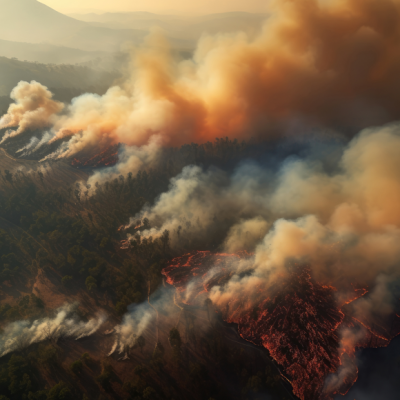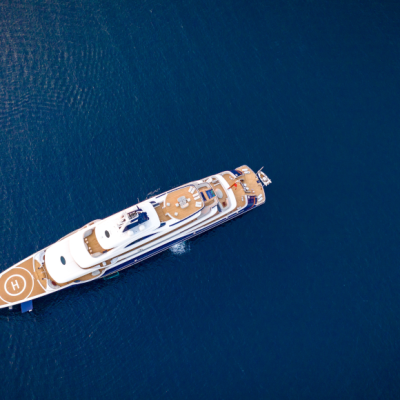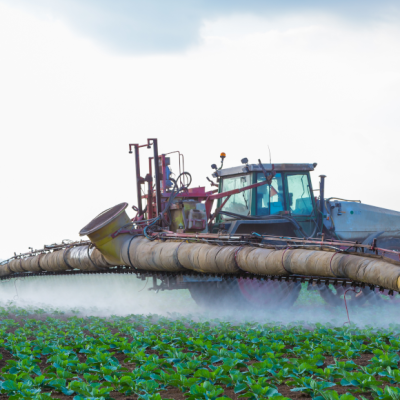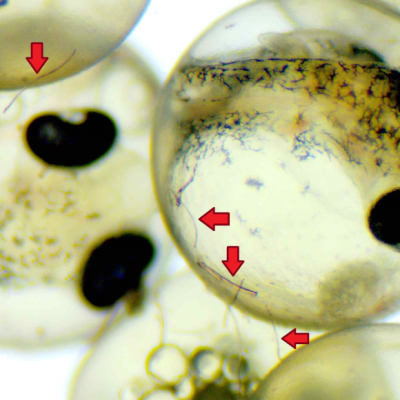Science Shop
Advertisement
Riches’ Extreme Luxury Fuels Climate Change
- By Geert Devenster
- . November 20, 2023
The wealthiest 10% of the world’s population, including a large portion of Germans, are responsible for approximately half of global CO2 emissions. This is due

LNG Worse Than Coal for Climate?
- By Geert Devenster
- . November 15, 2023
A new study conducted by Robert W. Howarth of Cornell University has revealed that burning liquefied natural gas (LNG) instead of coal in Germany may

Slow Weight Gain with Insect Proteins
- By Rolf Lewis
- . September 24, 2023
Insect Proteins from Mealworms Could Help with Weight Management Mealworms could be the solution to reducing meat consumption and improving human nutrition, according to a

Global Forest Fires Revealed by ESA
- By Geert Devenster
- . August 14, 2023
The European Space Agency (ESA) has developed an interactive tool called the World Fire Atlas that tracks global wildfires and their progression over time. The

E-Fuel Research Facility in Germany
- By Geert Devenster
- . August 4, 2023
The German Aerospace Center (DLR) is researching how to produce electric-based liquid fuels (E-Fuels) on an industrial scale. This comes as the European Union (EU)

Satisfaction over Wealth: No Billionaires Wanted
- By Geert Devenster
- . July 21, 2023
A recent study challenges the long-held belief in economics that humans have unlimited desires and constantly strive for more wealth. Researchers from the University of

Glyphosate Causes Heart and Brain Malformations
- By Rolf Lewis
- . June 14, 2023
A new study conducted by researchers at the University of Ulm has found that the controversial herbicide glyphosate, even without its additional ingredients, can cause

Reducing guilt over meat consumption?
- By Geert Devenster
- . January 8, 2023
Meatshaming, a practice where food items are labeled with messages such as “An animal died for this piece of meat!” in an effort to reduce

Meat consumption threatens global food supply.
- By Geert Devenster
- . October 9, 2022
The current food production system is threatening the future global food supply, according to a study by PwC Strategy& titled “The Coming Sustainable Food Revolution.”

Microplastics Harmless to Fish and Consumers
- By Rolf Lewis
- . August 24, 2022
A recent study conducted by the Thünen Institute for Fisheries Ecology has found that microplastics in the North and Baltic Seas do not pose a









